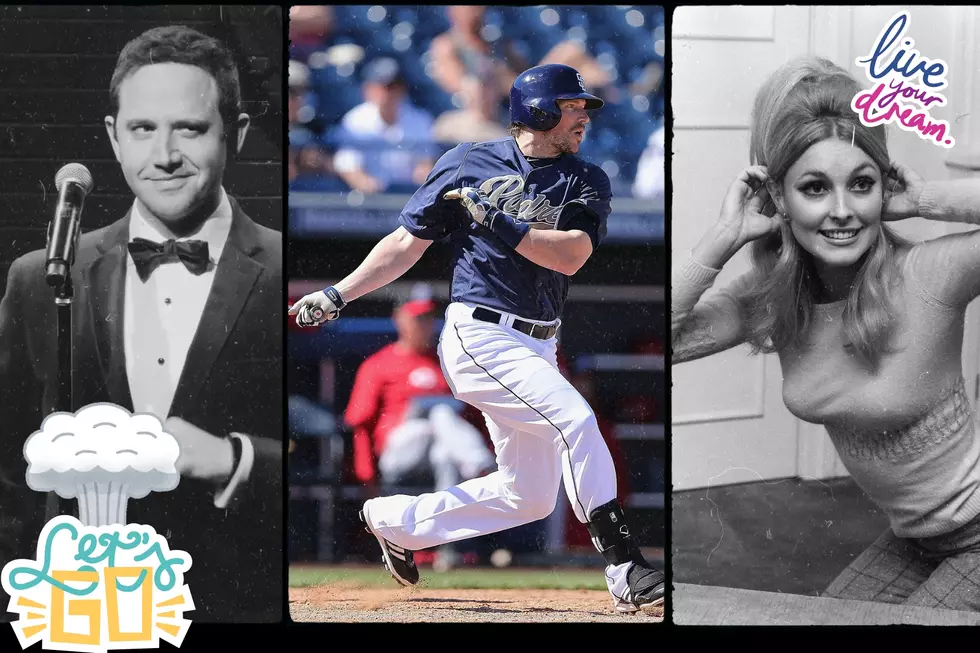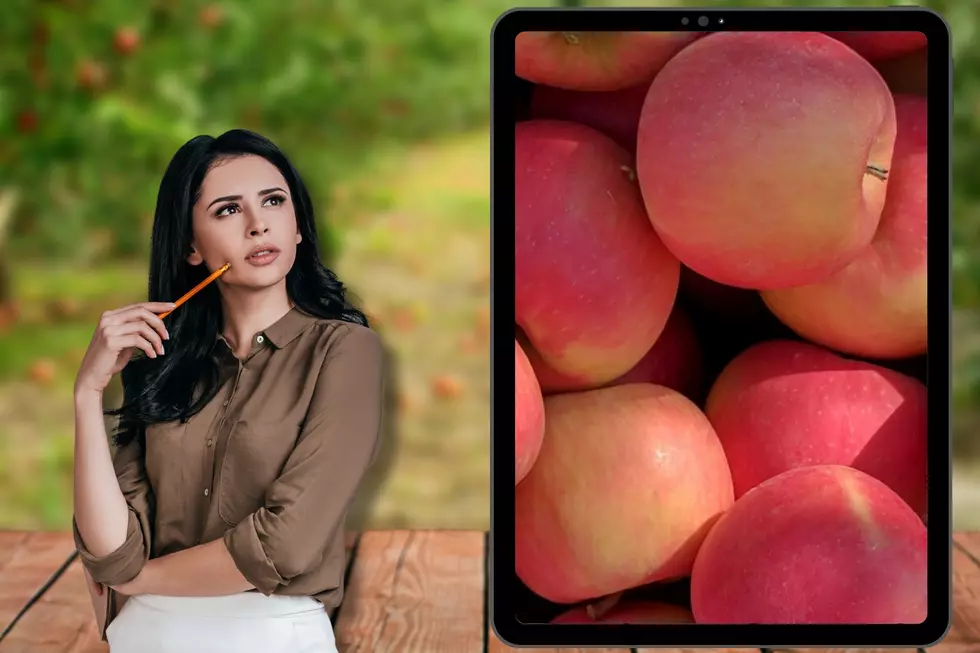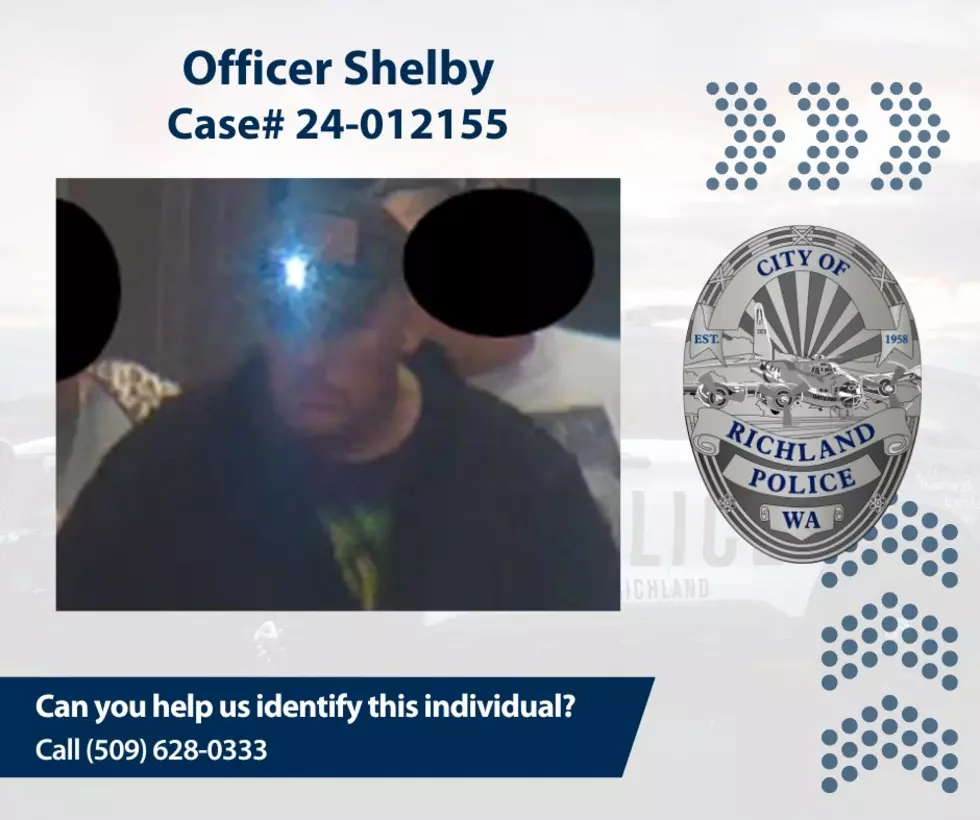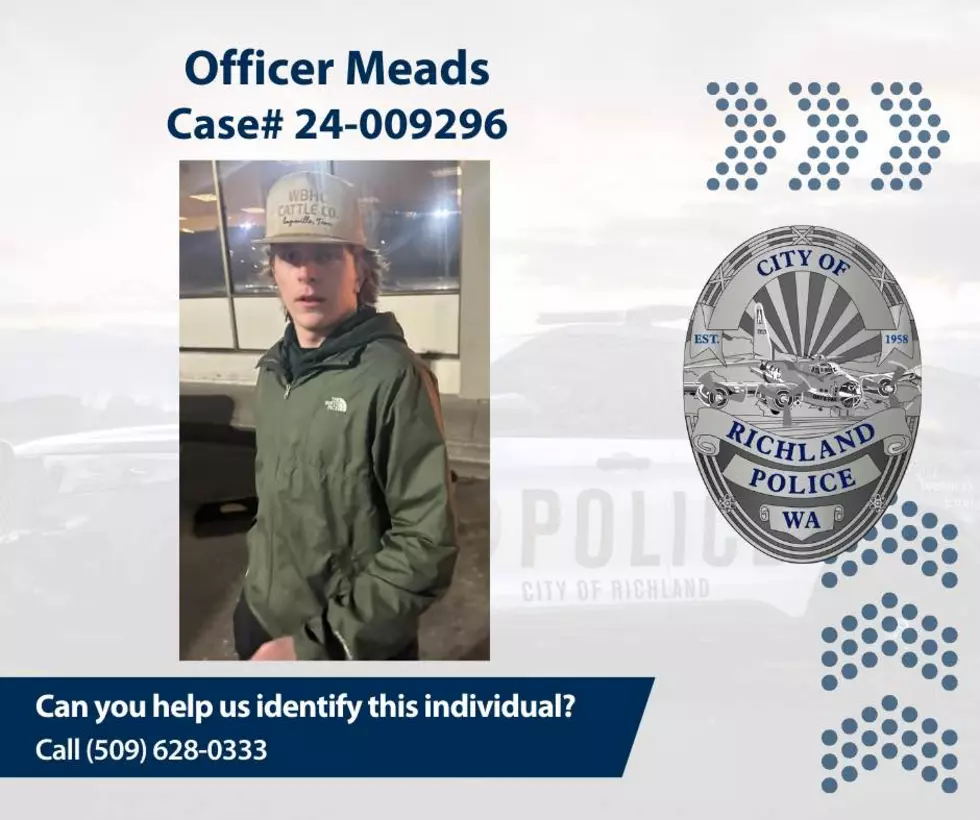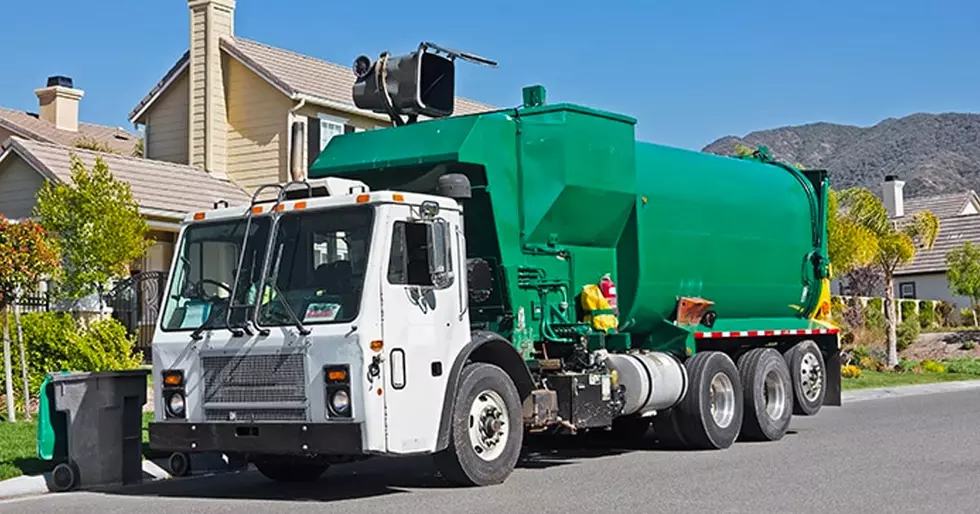
WSU Tri-Cities Researching Way to Turn Sewer Sludge into Local Energy Source
RICHLAND, Wash.- No one wants to talk about sewer sludge…. except WSU, who has been researching a process to turn it's treatment into a way to help local economies and the environment.
Every community has waste water, and it always needs to be purified. When that happens, there's a lot of sludge produced, or as the scientists call it, bio-solids. The sludge has always been considered a nuisance, with no practical use, except possibly as a fertilizer.
That is until the Department of Energy realized that when the sludge is treated, it emits a natural gas - which, if it was produced in high enough amounts could actually be used.
Dr. Birgitte Ahring with WSU says, "It could really be a potential for local production of energy that could be integrated into smaller, rural areas."
She also says that a similar process already exists at the Waste Water Treatment plant in Richland - but the amount of natural gas created is so low that it can't be used for anything. Their research at WSU would change the treatment to create enough natural gas to power the city's garbage trucks.
"We take the bio-gas that's produced, and then upgrade it up to bio-natural gas, or a renewable natural gas. This could be used, for instance, to run all the garbage trucks in the city, or to basically make the whole fleet of vehicles in the city much greener."
This would be considered a win for both the economy and the environment
"It's also a bonus that they don't have anything to landfill in the end, or at least much less, which costs money."
The best part about it is - this is a resource that every community already has.
"There's waste water treatment plants all over, there's so many plants in the whole country. This isn't any sort of 'special problem,' this is something that is everywhere."
They would first pilot the new treatment at the facility in Richland, and then try it out at a bigger facility like Walla Walla's - with the potential to spread this idea across the country.
More From 610 KONA

